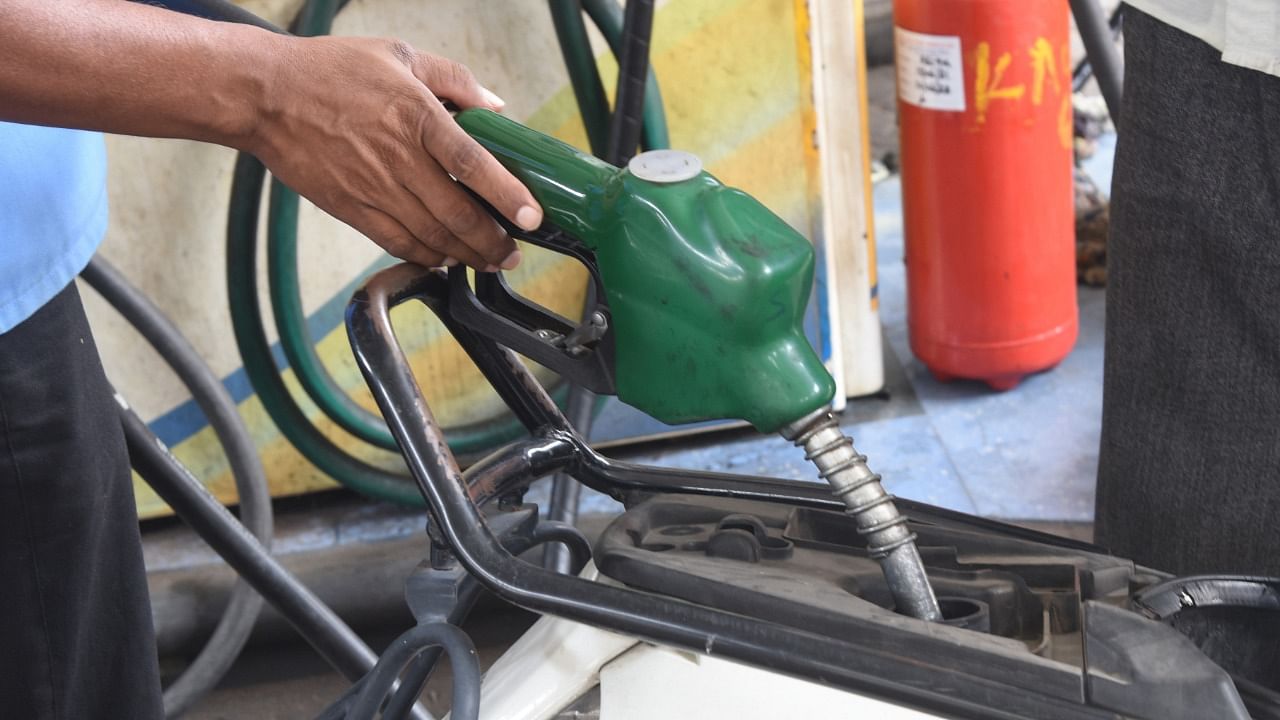
The government’s decision to reduce excise duty on diesel and petrol by Rs 10 and Rs 5 respectively may be considered too little and too late after relentless increases had become an everyday affair. This was in fact the first time that fuel prices were reduced in the last three years, though the international prices ruled low and fell many times during this period. The linkage between global and domestic prices, which was the aim of deregulation of prices, was completely broken and prices moved only in the upward direction. During the period from March to May last year when global prices fell drastically in the wake of the lockdown imposed by many countries, the Central taxes on petrol and diesel were increased by Rs 13.32 and Rs 15.97 respectively. Just before the announcement of the reduction in petrol and diesel prices, there were huge increases in the prices of commercial LPG cylinders and kerosene.
It is clear that political considerations arising from the setbacks the BJP received in the byelections held on October 30 in some states, especially in those ruled by the party, forced the government to reduce the prices. Jairam Thakur, chief minister of Himachal Pradesh, said that increase in prices had hurt the party in the byelections. The government might also have thought that price rise would be an important issue in the elections due in states like UP and Punjab. Till now, the government was very stubborn and had rationalised and defended the price hikes on various grounds. It was argued that the revenue raised through petroleum price hikes was used for welfare activities and for the fight against Covid, including vaccinations. But the question remained whether the citizens should be squeezed so much when they were so weak. The Prime Minister even blamed the previous UPA government for creating a situation where the present government had to increase the prices.
The increase in petroleum prices, especially diesel prices, is a major driver of inflation because they increase transportation costs and other costs. It is to be seen what impact the price cuts will have on overall price levels because the major part of the cumulative price increases would still remain. The government has told the states to reduce their Value Added Tax (VAT). BJP-ruled states have done so but other states have demanded further reduction in central taxes. This has turned out to be a matter of political slugfest between the Centre and the states. The cuts have also been inappropriately called a Diwali gift. A decision not to charge a high price cannot be called a gift. It is more of an unreal discount, which is given after marking the prices steeply up.